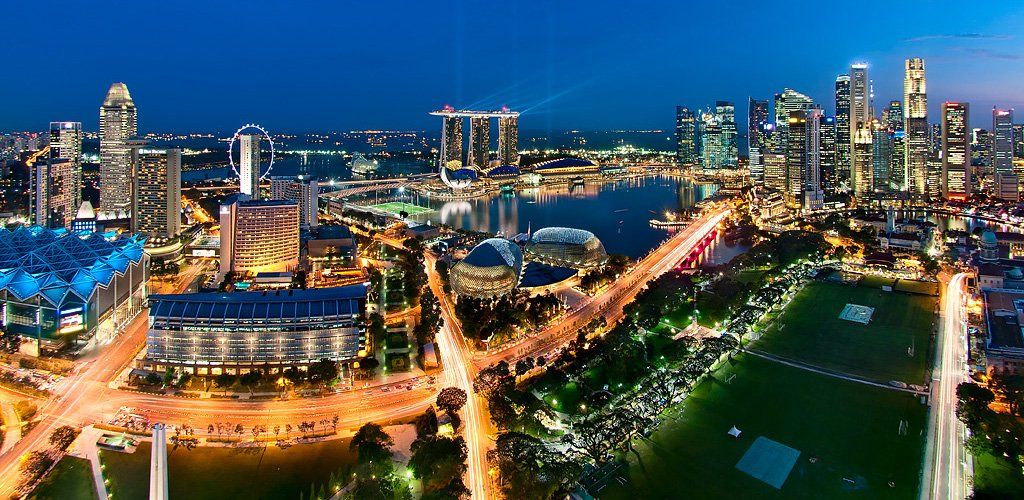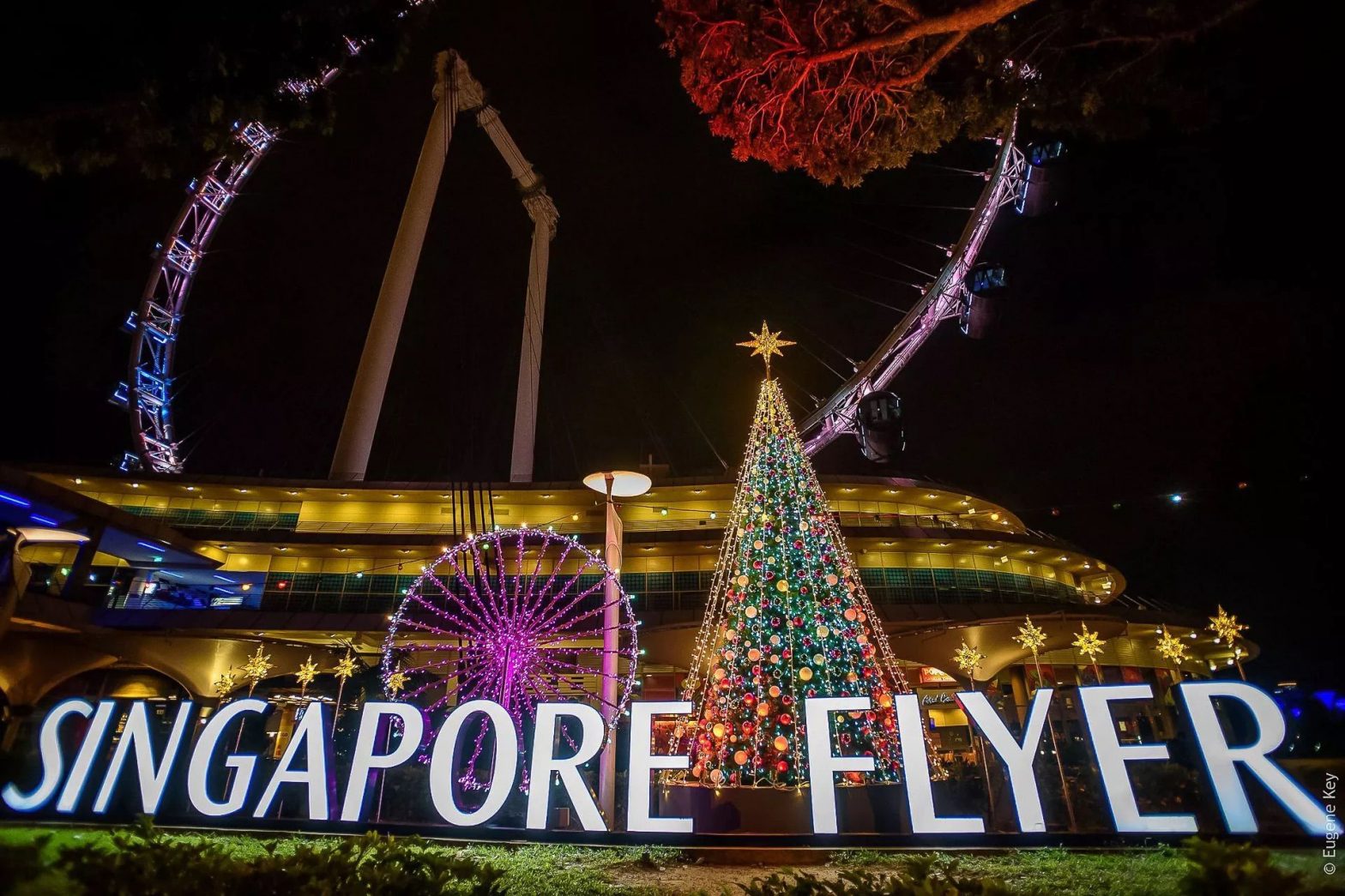In the midst of an ongoing international debate about cancel culture, an online trend that publicly condemns individuals, organizations, and brands for perceived social missteps or offensive actions, one nation stands on the verge of a precedent-setting legislative move. Singapore, a city-state renowned for its stringent regulations, is apparently crafting what could be the first-ever law against cancel culture. This initiative has prompted concern among human rights activists about potential threats to freedom of expression.
Over the last year, Singapore’s government has been investigating potential responses to the divisive issue of cancel culture. This investigation coincides with an escalating cultural conflict between LGBTQ rights advocates and the conservative religious community following the recent decriminalization of homosexuality in the predominantly conservative city-state.
A government representative indicated that authorities have been “reviewing related existing laws and legislation” in response to concerns expressed by conservative Christians, who are apprehensive about online retaliation for voicing their opinions. K Shanmugam, Singapore’s Law Minister, underscored the significance of unhindered expression, free from attacks from either side of the debate, during an August interview with state media outlets.
But what would a law against cancel culture entail, and how might it impact free speech?
The definition of canceling is a major hurdle in developing such a law. The phrase “cancel culture” has a range of interpretations, often sparking intense division among different demographics. Eugene Tan, an associate law professor at Singapore Management University (SMU), emphasized that any proposed legislation would need to be “precisely defined and articulated.”
The majority of cancel culture events occur on the internet, meaning any potential legislation aimed at curbing such actions would have to account for the digital realm, likely necessitating partnerships with social media companies. Ian Ernst Chai, an attorney and former deputy public prosecutor in the Attorney General’s Chambers of Singapore, suggested that social media giants like Twitter, Facebook, Instagram, and TikTok might be compelled to monitor their users or adhere to legal directives.
The formulation of such a law could take an extended period, potentially months or years, and would require the green light from parliament. However, it has already sparked criticism from defenders of freedom of speech and human rights advocates. They fear that such a law could further restrict freedom of speech and expression in Singapore.
Phil Robertson, the deputy director of Human Rights Watch, sees the proposed law as another intimidation strategy deployed by the government. Similarly, Roy Ngerng, a proponent of free speech, expressed apprehension that legislation against cancel culture could be “risky”. Ngerng, who faced a defamation lawsuit by Prime Minister Lee Hsien Loong for a critical blog post in 2015, sees the potential law as a tool to suppress opposing viewpoints.
As Singapore navigates the complexities of drafting a cancel culture law, the world watches closely. This unprecedented move, seen by some as an attempt to protect individuals from undue online backlash, and by others as a threat to free expression, is sure to spark international debate. While the final shape of this law remains uncertain, its potential impact on social discourse both within and beyond Singapore’s borders is undeniable. Whether this legislative venture will set a global precedent or stand as an isolated case study in the management of online behavior, only time will tell.
